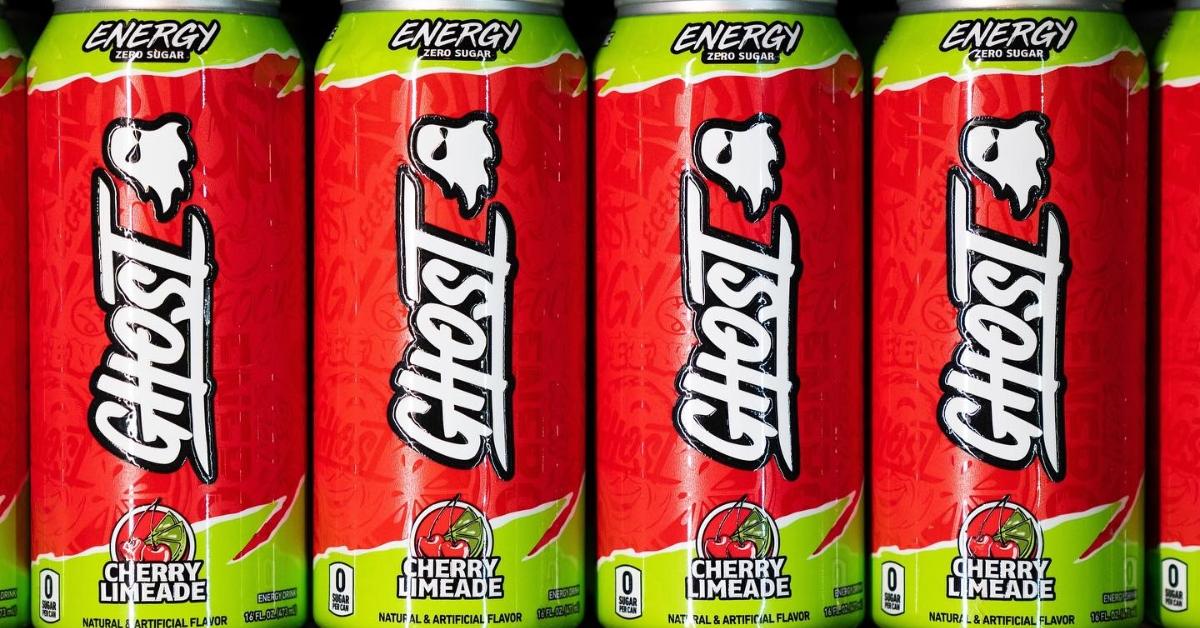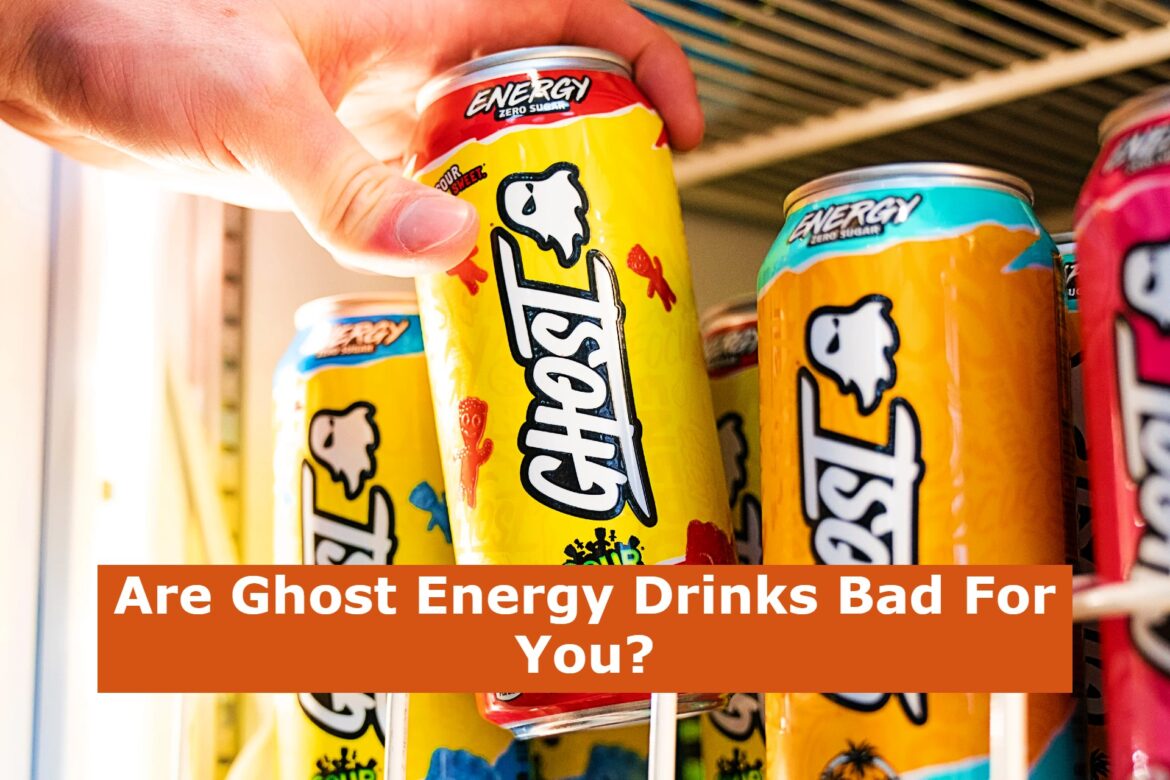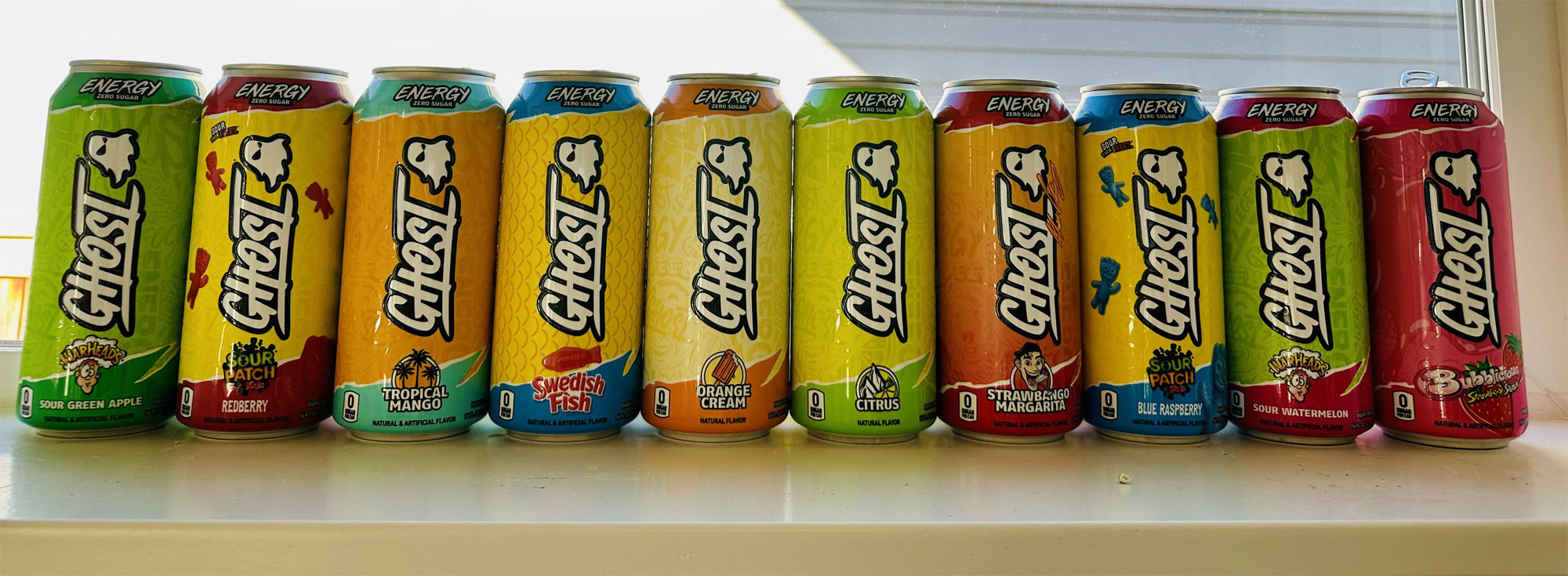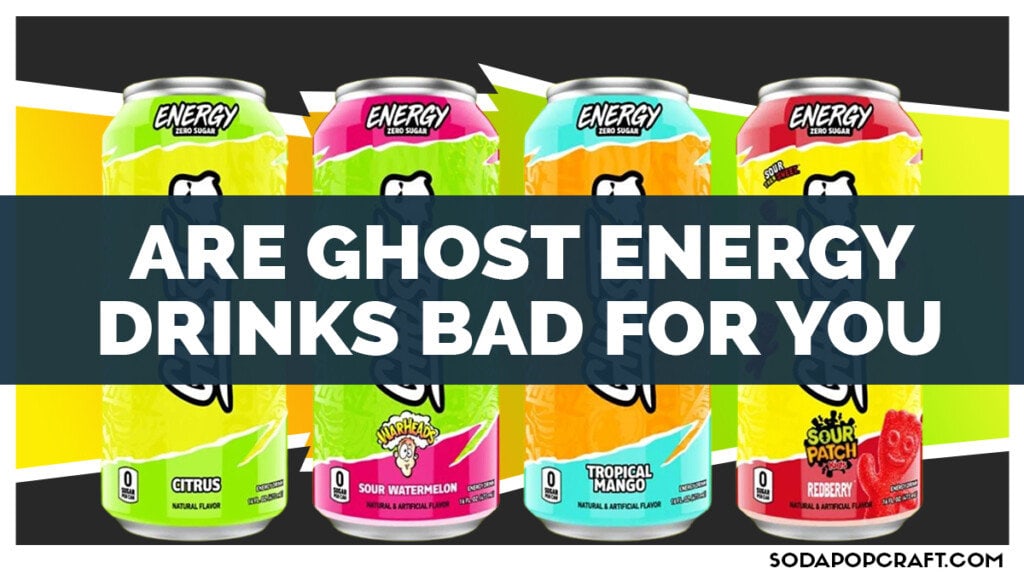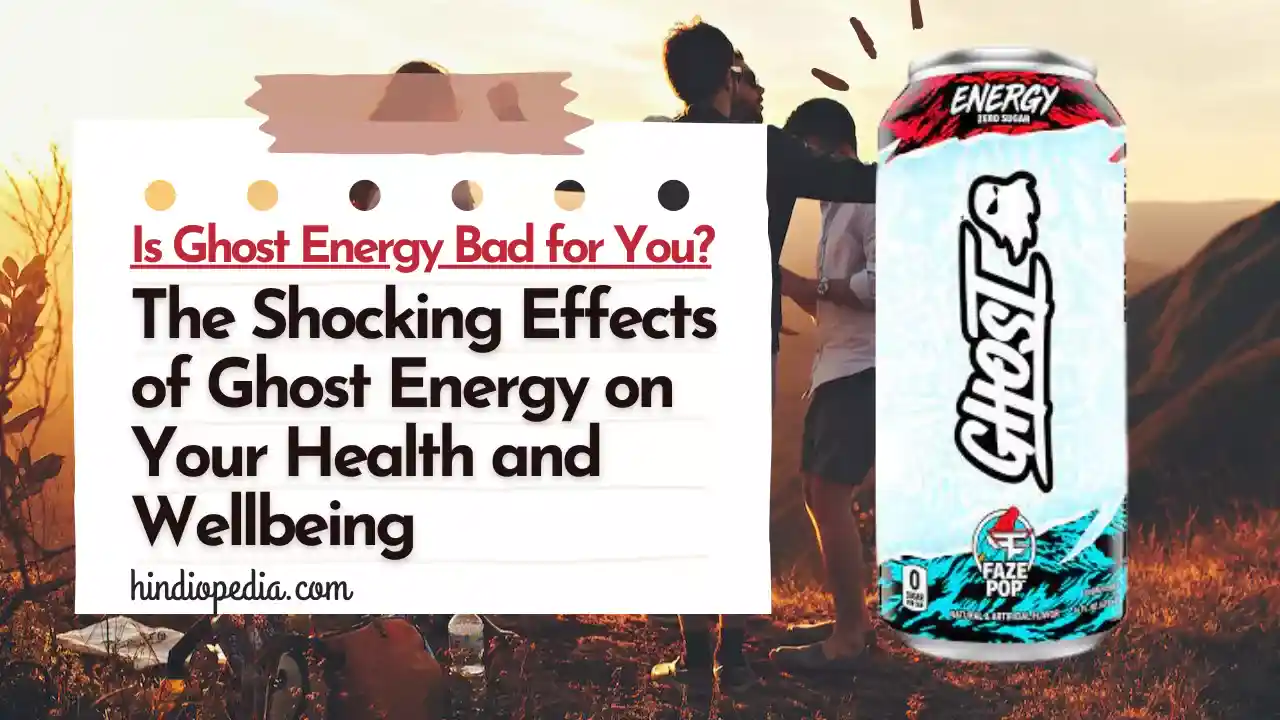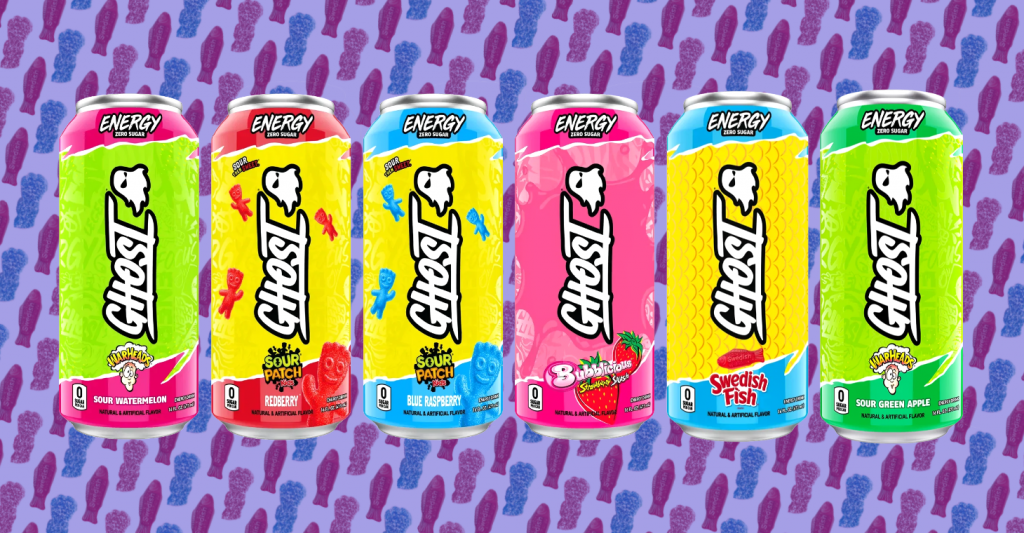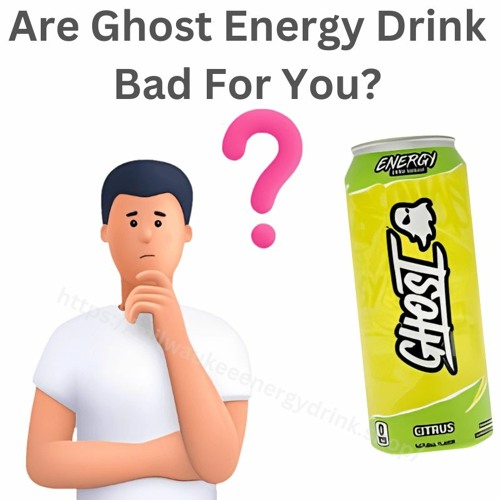How Bad Is Ghost Energy For You

Energy drinks are a booming industry, but the popular brand Ghost Energy faces increasing scrutiny. Concerns are mounting over its high caffeine content and potential health risks, especially for young people.
This article breaks down the facts about Ghost Energy's ingredients, potential health impacts, and what consumers need to know to make informed decisions about their consumption.
Caffeine Content: A Jolt Too Far?
Ghost Energy drinks contain 200mg of caffeine per 16-ounce can. That's a significant dose, exceeding half the daily limit recommended by the FDA for healthy adults (400mg).
The American Academy of Pediatrics advises against caffeine consumption for children and adolescents. High caffeine intake can lead to anxiety, insomnia, and even heart problems, particularly in individuals with pre-existing conditions.
A study published in the Journal of the American Heart Association linked high energy drink consumption to increased risk of cardiac arrhythmias. It highlights that young adults with underlying heart conditions are particularly vulnerable.
Ingredients Under the Microscope
Beyond caffeine, Ghost Energy contains other ingredients like taurine, L-Carnitine, and various B vitamins. These are often promoted as performance enhancers.
While generally considered safe in moderate amounts, the combined effect of these ingredients with high caffeine is not fully understood. Some individuals may experience adverse reactions.
According to the National Institutes of Health, excessive intake of B vitamins can lead to neurological symptoms and gastrointestinal distress in rare instances. It also depends on the individuals health conditions.
Potential Health Risks: Who is Most Vulnerable?
The primary concern with Ghost Energy, like other high-caffeine energy drinks, revolves around cardiovascular health. Elevated blood pressure and heart rate are common side effects.
Individuals with pre-existing heart conditions, anxiety disorders, or those sensitive to caffeine are at higher risk. Even healthy individuals should exercise caution.
The American Heart Association recommends that people with hypertension or heart disease avoid energy drinks altogether. This is due to the risk of triggering dangerous heart rhythms.
Regulatory Scrutiny and Consumer Awareness
Health organizations are increasingly advocating for stricter regulations on energy drink marketing, particularly targeting young people. Many want clearer labeling requirements.
Several countries have already implemented restrictions on the sale of high-caffeine energy drinks to minors. These restrictions aim to protect vulnerable populations.
In 2023, Senator Edward Markey sent a letter to the FDA urging them to re-evaluate the safety of energy drinks. He specifically focused on the potential for adverse effects in children and adolescents.
Alternatives and Responsible Consumption
If you're looking for an energy boost, consider healthier alternatives like natural sources of caffeine. These includes tea or coffee in moderation.
Adequate sleep, proper hydration, and a balanced diet are crucial for sustained energy levels. Relying solely on energy drinks can mask underlying health issues.
If you choose to consume Ghost Energy or other energy drinks, do so sparingly. Always be aware of your caffeine intake and its potential impact on your body.
The Bottom Line: Proceed with Caution
Ghost Energy, like other high-caffeine energy drinks, poses potential health risks, especially for vulnerable populations. Moderate consumption and awareness are crucial.
Ongoing research continues to investigate the long-term effects of energy drink consumption. Stay informed and consult with a healthcare professional if you have concerns.
Consumers should carefully evaluate their individual risk factors and consumption habits. Monitoring of the marketing practices of energy drink companies will continue from health regulators.
